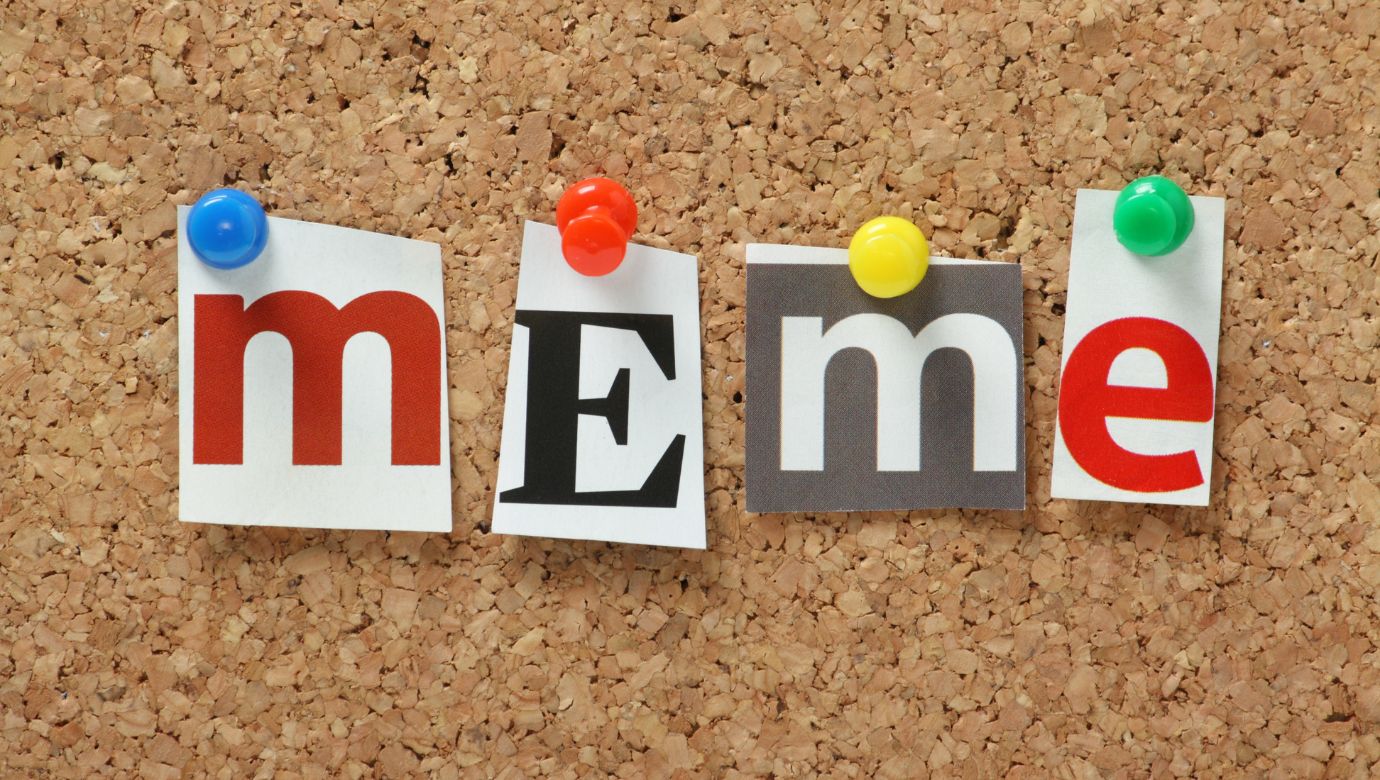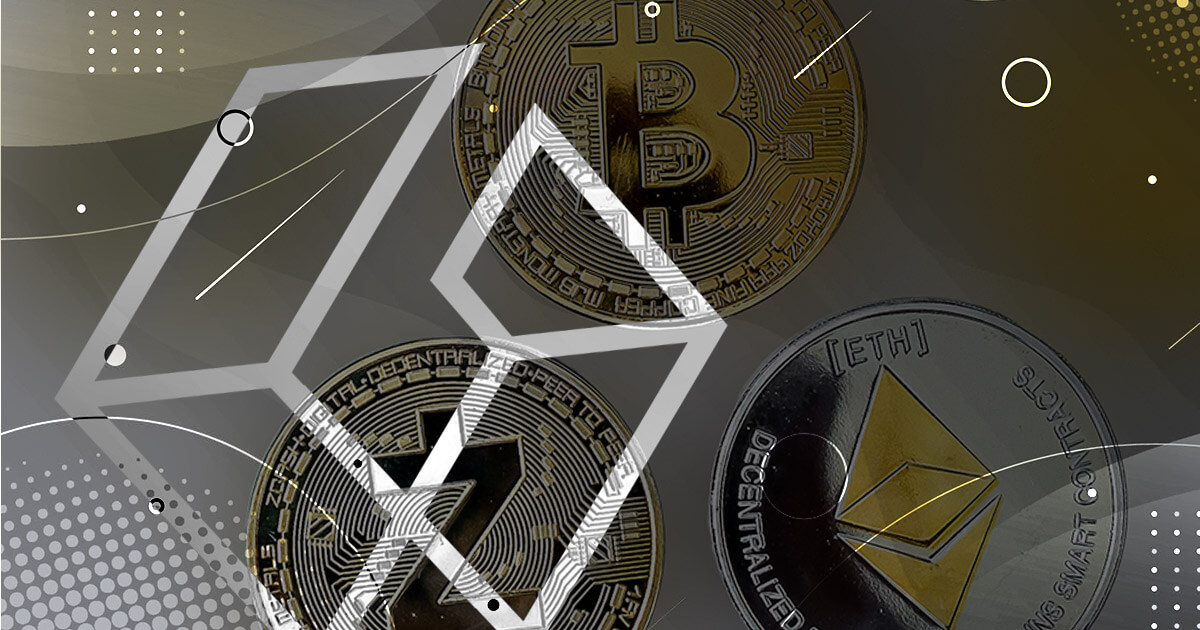Social media
has permeated every aspect of our lives, yet worries about censorship, data
ownership, and privacy have led to the emergence of decentralized social media
platforms. These platforms, which give users control over their data and
promote a more open and transparent digital environment, are based on
blockchain technology and provide a new paradigm. The growing popularity of
decentralized social media networks is examined in this article along with its
revolutionary potential.
Centralized Social Media’s Drawbacks
The handling of
user data and the secrecy of its algorithms have long been criticized on
centralized social media platforms. Users frequently have no choice over how
their personal data is used for data monetization and targeted advertising.
Furthermore, centralized platforms have a history of limiting or censoring
content in accordance with corporate standards, which stifles freedom of
speech. These worries have increased desire for a social media experience that
is more user-centric and privacy-focused.
Decentralization’s Potential and Blockchain
Technology
Blockchain-based
decentralized social media networks are designed to remedy the shortcomings of
their centralized equivalents. Decentralized social media is built on a transparent,
secure, and tamper-proof infrastructure provided by blockchain. Blockchain
gives people ownership and control over their personal data by eliminating the
need on a single body to manage and control it.
Data ownership and User Empowerment
User empowerment
and data ownership are given priority in decentralized social media networks.
Users can preserve control over their personal data by choosing what
information to disclose and with whom through blockchain-based identity
systems. By moving away from a platform-centric approach and toward a
user-centric model, people are given greater control over their online
identity, resulting in a more open and trustworthy connection between users and
platforms.
Enhanced Security and Privacy
Blockchain’s cryptography
capabilities are used by decentralized social media networks to provide
improved security and privacy. Data breaches and illegal access are less likely
since user data is encrypted and distributed throughout a network of
decentralized nodes. Additionally, the immutability of blockchain assures that
user material cannot be changed or censored without network consensus,
defending freedom of expression.
Monetization of Content and Incentive
Mechanisms
Social media
platforms built on the blockchain present novel ideas for monetizing content
and rewarding users. Creators can receive direct payment for their works of
art, movies, or posts by using cryptocurrency and smart contracts. With the
help of these incentive systems, value can be distributed more fairly because
they cut out middlemen and provide content producers the ability to get paid
directly by their audience.
Mechanisms for Local Governance and
Consensus
Decentralized
social media systems frequently feature consensus and community governance
processes, giving users a say in platform operations. Users can influence
platform regulations, content moderation guidelines, and platform updates
through voting processes or token-based systems. By ensuring that choices are
taken collaboratively, this democratic method of governance promotes
inclusivity and a sense of ownership among platform users.
Data Portability and Interoperability
Data
portability and interoperability are prioritized by decentralized social media networks.
Users’ data and profiles can be seamlessly moved between other platforms,
breaking vendor lock-in and expanding user options. Users can move platforms
thanks to this interoperability without losing their social networks or
previous content, encouraging healthy competition and innovation among
decentralized platforms.
Resistance to Censorship and Free
Expression
Decentralized
social media networks are built on the fundamental idea of censorship
resistance. These platforms lessen the possibility of censorship or content
removal based on arbitrary policies by running on a decentralized network.
Content that complies with moral and legal standards can flourish without being
arbitrarily removed, promoting freedom of speech and intellectual variety.
Systems for Verification and Trust
To combat false
information, spam, and centralized social media platforms, trust and
verification methods are used.
These systems
rely on the openness and consensus mechanisms of the blockchain to validate the
veracity of data and user identities. Decentralized platforms encourage
dependable and trustworthy content by adding reputation systems and user-driven
moderation, enhancing the general quality of the social media experience.
The Path to Widespread Adoption
Decentralized
social media platforms have many benefits, but they still have a long way to go
before becoming widely used. These difficulties include:
- User
Experience: In order to compete with the centralized platforms’ fluid
interfaces, decentralized platforms must put user experience first. To draw in
mainstream users, enhancements to scalability, speed, and user-friendly
interfaces are required. - Network
impact: For social media sites, the network impact is essential. Decentralized
systems require a critical mass of users who can engage and interact with one
another in order to take off. Marketing initiatives and strategic alliances
might hasten this process. - The
regulatory environment for blockchain technology and cryptocurrencies is still developing.
Decentralized social media sites must navigate and abide by pertinent laws in
order to maintain sustainable growth and stay clear of potential legal snags. - Education
and Awareness: Blockchain technology and the idea of decentralized social media
are still foreign to many people. Users must be informed about the advantages
and potential of decentralized platforms in order for them to be widely used.
The interoperability
issue
Decentralized
social media platforms that operate on the blockchain have gained immense
popularity over the past few years. These platforms offer users the opportunity
to share information and communicate with others in a secure, transparent, and
decentralized manner, without the intervention of centralized authorities. This
is a revolutionary concept, and many blockchain-based social media platforms
have been developed to cater to the growing demand for decentralized social
media.
However, while
these platforms are good in premise, they face a significant challenge in terms
of interoperability. Interoperability refers to the ability of different
blockchain networks to communicate with each other, exchange data and assets
seamlessly, and work together to achieve common goals. This is a critical issue
for decentralized social media platforms as they rely on a network of users and
communities to share content and interact with each other.
The lack of
interoperability among decentralized social media platforms means that users
are limited in their ability to connect and share content across different
platforms. This limits the potential reach and impact of their messages and
reduces the overall effectiveness of these platforms in achieving their goals.
Additionally, it creates silos of information and communities that are isolated
from each other, which goes against the very essence of decentralized social
media platforms.
To address this
issue, decentralized social media platforms must work towards building
interoperability protocols that allow for seamless communication between
different blockchain networks. This will enable users to connect and share
information across different platforms, expanding the reach of their content
and increasing the overall impact of these platforms.
One way to
achieve interoperability among decentralized social media platforms is through
the development of standardized protocols that allow for the exchange of data
and assets across different networks. Examples include the InterPlanetary File
System (IPFS), a decentralized protocol that allows for the storage and sharing
of files across different networks, or the Cosmos Network, a blockchain network
that enables interoperability between different blockchains, allowing for the
exchange of data and assets across different networks.
Another
approach to achieving interoperability among decentralized social media
platforms is through the development of interoperability layers or bridges.
These layers or bridges act as intermediaries between different networks,
facilitating the exchange of data and assets between them. Polkadot is an excellent example of a blockchain network which acts as a bridging protocol, connecting
different blockchain networks and enabling the exchange of data and assets
between them.
Conclusion
A substantial
change in the social media landscape is being brought about by the emergence of
decentralized social media platforms based on blockchain technology. User
empowerment, data ownership, privacy, and freedom of expression are given top
priority on these platforms. Decentralized social media platforms provide a
transformative solution to the shortcomings of centralized platforms by
harnessing the transparency, security, and decentralized characteristics of
blockchain. Even though there are still issues, the possibility of a more
user-centric, open, and inclusive social media experience is attainable. The
path to widespread acceptance of decentralized social media becomes clearer as
more people become aware of its advantages, and the balance of power in the
social media landscape is about to shift in favor of the users.
Social media
has permeated every aspect of our lives, yet worries about censorship, data
ownership, and privacy have led to the emergence of decentralized social media
platforms. These platforms, which give users control over their data and
promote a more open and transparent digital environment, are based on
blockchain technology and provide a new paradigm. The growing popularity of
decentralized social media networks is examined in this article along with its
revolutionary potential.
Centralized Social Media’s Drawbacks
The handling of
user data and the secrecy of its algorithms have long been criticized on
centralized social media platforms. Users frequently have no choice over how
their personal data is used for data monetization and targeted advertising.
Furthermore, centralized platforms have a history of limiting or censoring
content in accordance with corporate standards, which stifles freedom of
speech. These worries have increased desire for a social media experience that
is more user-centric and privacy-focused.
Decentralization’s Potential and Blockchain
Technology
Blockchain-based
decentralized social media networks are designed to remedy the shortcomings of
their centralized equivalents. Decentralized social media is built on a transparent,
secure, and tamper-proof infrastructure provided by blockchain. Blockchain
gives people ownership and control over their personal data by eliminating the
need on a single body to manage and control it.
Data ownership and User Empowerment
User empowerment
and data ownership are given priority in decentralized social media networks.
Users can preserve control over their personal data by choosing what
information to disclose and with whom through blockchain-based identity
systems. By moving away from a platform-centric approach and toward a
user-centric model, people are given greater control over their online
identity, resulting in a more open and trustworthy connection between users and
platforms.
Enhanced Security and Privacy
Blockchain’s cryptography
capabilities are used by decentralized social media networks to provide
improved security and privacy. Data breaches and illegal access are less likely
since user data is encrypted and distributed throughout a network of
decentralized nodes. Additionally, the immutability of blockchain assures that
user material cannot be changed or censored without network consensus,
defending freedom of expression.
Monetization of Content and Incentive
Mechanisms
Social media
platforms built on the blockchain present novel ideas for monetizing content
and rewarding users. Creators can receive direct payment for their works of
art, movies, or posts by using cryptocurrency and smart contracts. With the
help of these incentive systems, value can be distributed more fairly because
they cut out middlemen and provide content producers the ability to get paid
directly by their audience.
Mechanisms for Local Governance and
Consensus
Decentralized
social media systems frequently feature consensus and community governance
processes, giving users a say in platform operations. Users can influence
platform regulations, content moderation guidelines, and platform updates
through voting processes or token-based systems. By ensuring that choices are
taken collaboratively, this democratic method of governance promotes
inclusivity and a sense of ownership among platform users.
Data Portability and Interoperability
Data
portability and interoperability are prioritized by decentralized social media networks.
Users’ data and profiles can be seamlessly moved between other platforms,
breaking vendor lock-in and expanding user options. Users can move platforms
thanks to this interoperability without losing their social networks or
previous content, encouraging healthy competition and innovation among
decentralized platforms.
Resistance to Censorship and Free
Expression
Decentralized
social media networks are built on the fundamental idea of censorship
resistance. These platforms lessen the possibility of censorship or content
removal based on arbitrary policies by running on a decentralized network.
Content that complies with moral and legal standards can flourish without being
arbitrarily removed, promoting freedom of speech and intellectual variety.
Systems for Verification and Trust
To combat false
information, spam, and centralized social media platforms, trust and
verification methods are used.
These systems
rely on the openness and consensus mechanisms of the blockchain to validate the
veracity of data and user identities. Decentralized platforms encourage
dependable and trustworthy content by adding reputation systems and user-driven
moderation, enhancing the general quality of the social media experience.
The Path to Widespread Adoption
Decentralized
social media platforms have many benefits, but they still have a long way to go
before becoming widely used. These difficulties include:
- User
Experience: In order to compete with the centralized platforms’ fluid
interfaces, decentralized platforms must put user experience first. To draw in
mainstream users, enhancements to scalability, speed, and user-friendly
interfaces are required. - Network
impact: For social media sites, the network impact is essential. Decentralized
systems require a critical mass of users who can engage and interact with one
another in order to take off. Marketing initiatives and strategic alliances
might hasten this process. - The
regulatory environment for blockchain technology and cryptocurrencies is still developing.
Decentralized social media sites must navigate and abide by pertinent laws in
order to maintain sustainable growth and stay clear of potential legal snags. - Education
and Awareness: Blockchain technology and the idea of decentralized social media
are still foreign to many people. Users must be informed about the advantages
and potential of decentralized platforms in order for them to be widely used.
The interoperability
issue
Decentralized
social media platforms that operate on the blockchain have gained immense
popularity over the past few years. These platforms offer users the opportunity
to share information and communicate with others in a secure, transparent, and
decentralized manner, without the intervention of centralized authorities. This
is a revolutionary concept, and many blockchain-based social media platforms
have been developed to cater to the growing demand for decentralized social
media.
However, while
these platforms are good in premise, they face a significant challenge in terms
of interoperability. Interoperability refers to the ability of different
blockchain networks to communicate with each other, exchange data and assets
seamlessly, and work together to achieve common goals. This is a critical issue
for decentralized social media platforms as they rely on a network of users and
communities to share content and interact with each other.
The lack of
interoperability among decentralized social media platforms means that users
are limited in their ability to connect and share content across different
platforms. This limits the potential reach and impact of their messages and
reduces the overall effectiveness of these platforms in achieving their goals.
Additionally, it creates silos of information and communities that are isolated
from each other, which goes against the very essence of decentralized social
media platforms.
To address this
issue, decentralized social media platforms must work towards building
interoperability protocols that allow for seamless communication between
different blockchain networks. This will enable users to connect and share
information across different platforms, expanding the reach of their content
and increasing the overall impact of these platforms.
One way to
achieve interoperability among decentralized social media platforms is through
the development of standardized protocols that allow for the exchange of data
and assets across different networks. Examples include the InterPlanetary File
System (IPFS), a decentralized protocol that allows for the storage and sharing
of files across different networks, or the Cosmos Network, a blockchain network
that enables interoperability between different blockchains, allowing for the
exchange of data and assets across different networks.
Another
approach to achieving interoperability among decentralized social media
platforms is through the development of interoperability layers or bridges.
These layers or bridges act as intermediaries between different networks,
facilitating the exchange of data and assets between them. Polkadot is an excellent example of a blockchain network which acts as a bridging protocol, connecting
different blockchain networks and enabling the exchange of data and assets
between them.
Conclusion
A substantial
change in the social media landscape is being brought about by the emergence of
decentralized social media platforms based on blockchain technology. User
empowerment, data ownership, privacy, and freedom of expression are given top
priority on these platforms. Decentralized social media platforms provide a
transformative solution to the shortcomings of centralized platforms by
harnessing the transparency, security, and decentralized characteristics of
blockchain. Even though there are still issues, the possibility of a more
user-centric, open, and inclusive social media experience is attainable. The
path to widespread acceptance of decentralized social media becomes clearer as
more people become aware of its advantages, and the balance of power in the
social media landscape is about to shift in favor of the users.
















